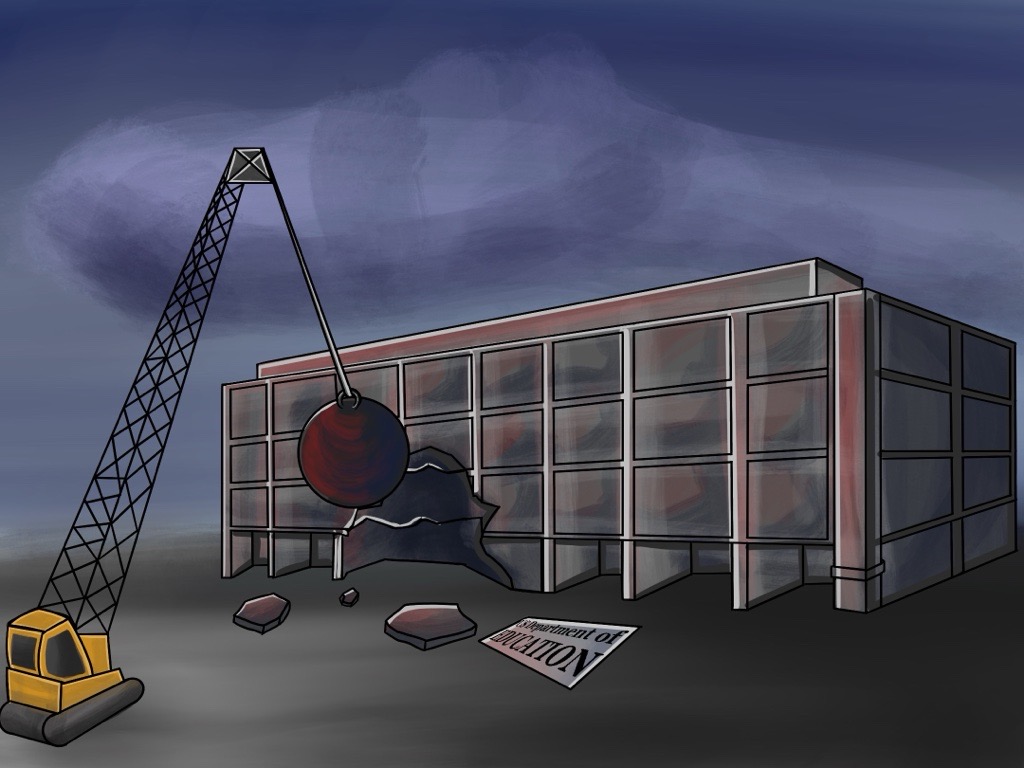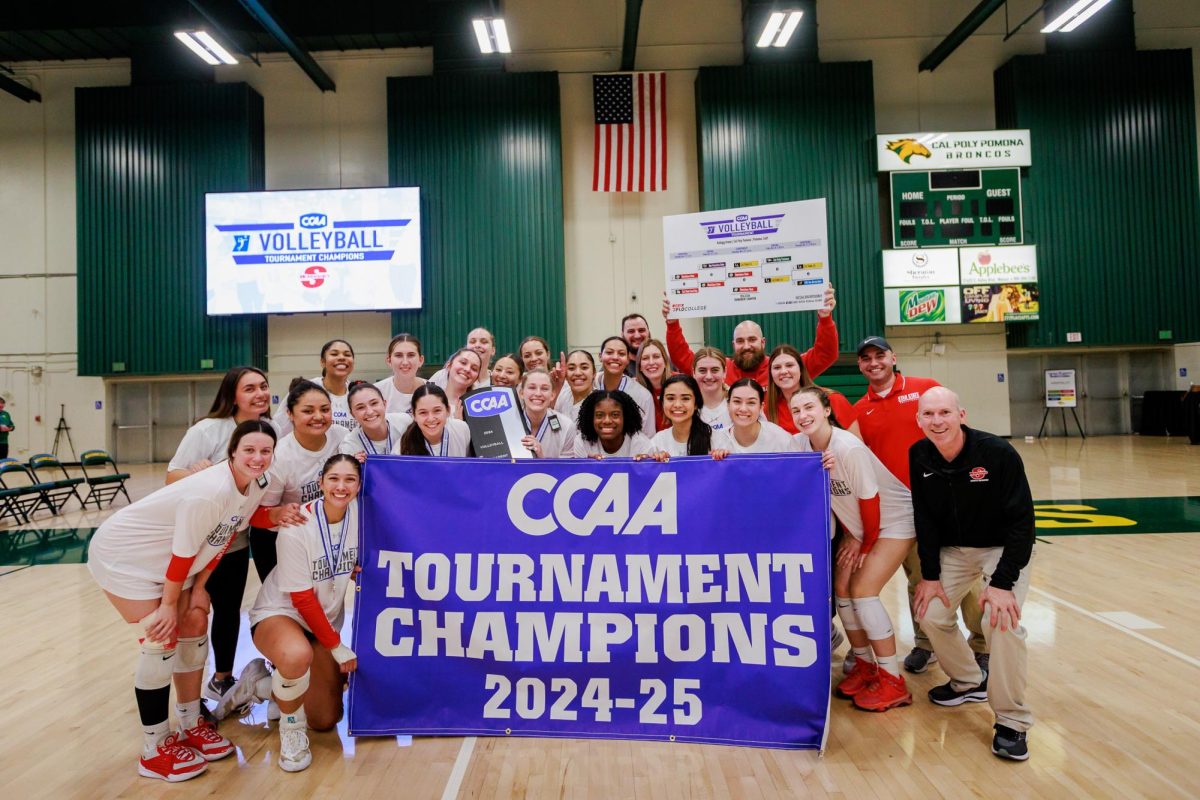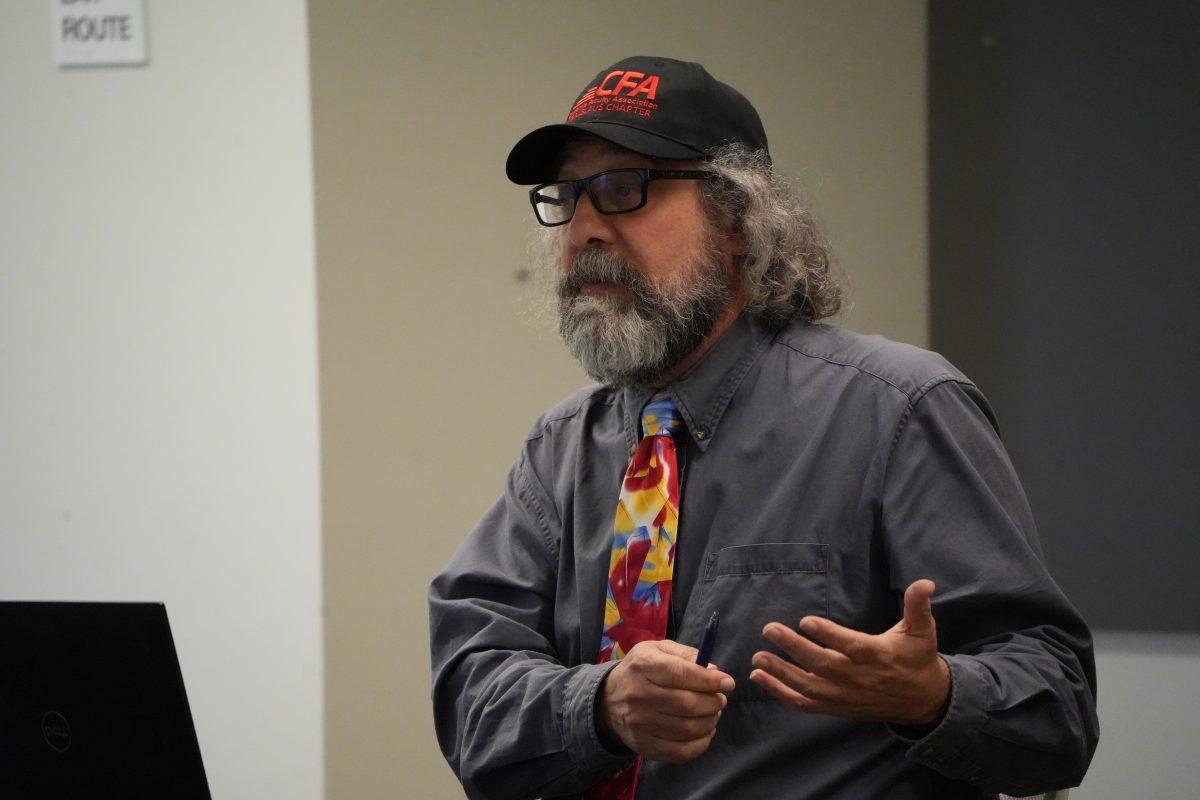California State University, Stanislaus Athletics recently released a video showcasing student athletes pledging to take a stand against sexual violence on campus.
The Stop Abuse Campaign has collaborated with other departments at CSU Stanislaus to provide a broad range of involvement and education efforts. It is also sponsored by the Title IX Coordinator, Dennis Shimek to help prevent crimes, such as sexual and relationship violence and stalking, from happening on campus.
Amanda Rosas, Assistant Marketing and Sponsorship, and Kim Duyst, Associate Athletic Director, were behind in bringing the Stop Abuse Campaign to Warrior Athletes to not only raise awareness within their athletes but to bring awareness to the campus community.
“It is important that athletics is involved because our student-athletes are very visible on campus and we want them to be on the forefront of this campaign,” Duyst said.
To prevent such actions from occurring there have been numerous Title IX workshops to educate students on the importance of victim support, violence prevention and campus safety. This educational outreach program allows students and faculty to be aware of signs pointing to sexual violence.
Through the campaign, CSU Stanislaus Athletes are raising awareness and showing that they are committed to following the goals and principles of the Stop Abuse Campaign.
Warrior athletes pledged ”to not bring aggression off the playing field, to hurdle over the social norms and sprint towards a new positive direction involving violence, to not sit on the bench when sexual assault is in play, to not strike out when informing others, to live up to par when making a difference, and to bump up the issues, set up a strategy, and spike out domestic violence.”
CSU Stansialaus’ Stop Abuse Campaign is committed to the following goals and principles:
- Educating the campus community about sexual assault, domestic violence, stalking and related issues to raise awareness and promote a non-violent campus community.
- Collaborating with campus and community organizations to develop, communicate, and implement strategies for prevention education and eliminating fear and oppression.
- Supporting the rights of survivors of sexual assault, domestic violence, and stalking through advocacy and coordination with campus, local and national resources.
- Ensuring the inclusion of a wide diversity of people as staff, volunteers, peer educators, and constituents, and be culturally accessible to all groups in our work.
- Promoting data collection and research efforts to better educational and service initiatives, and actively participate in the broader academic venue.”






